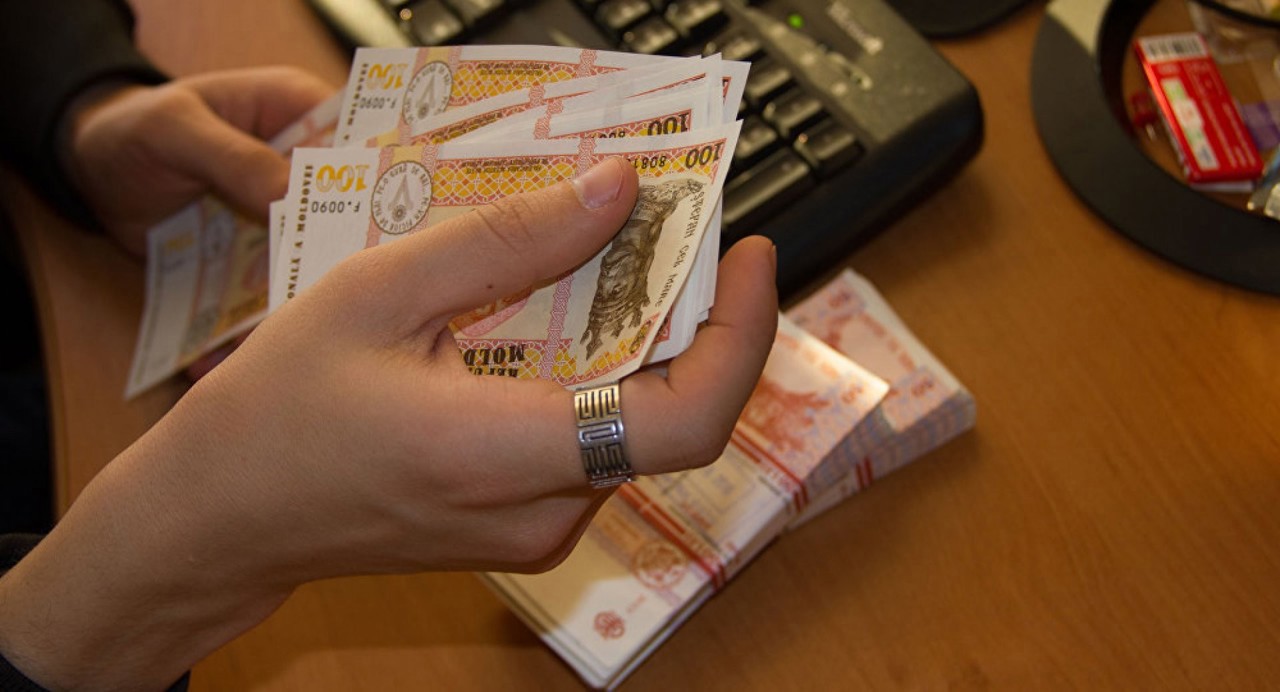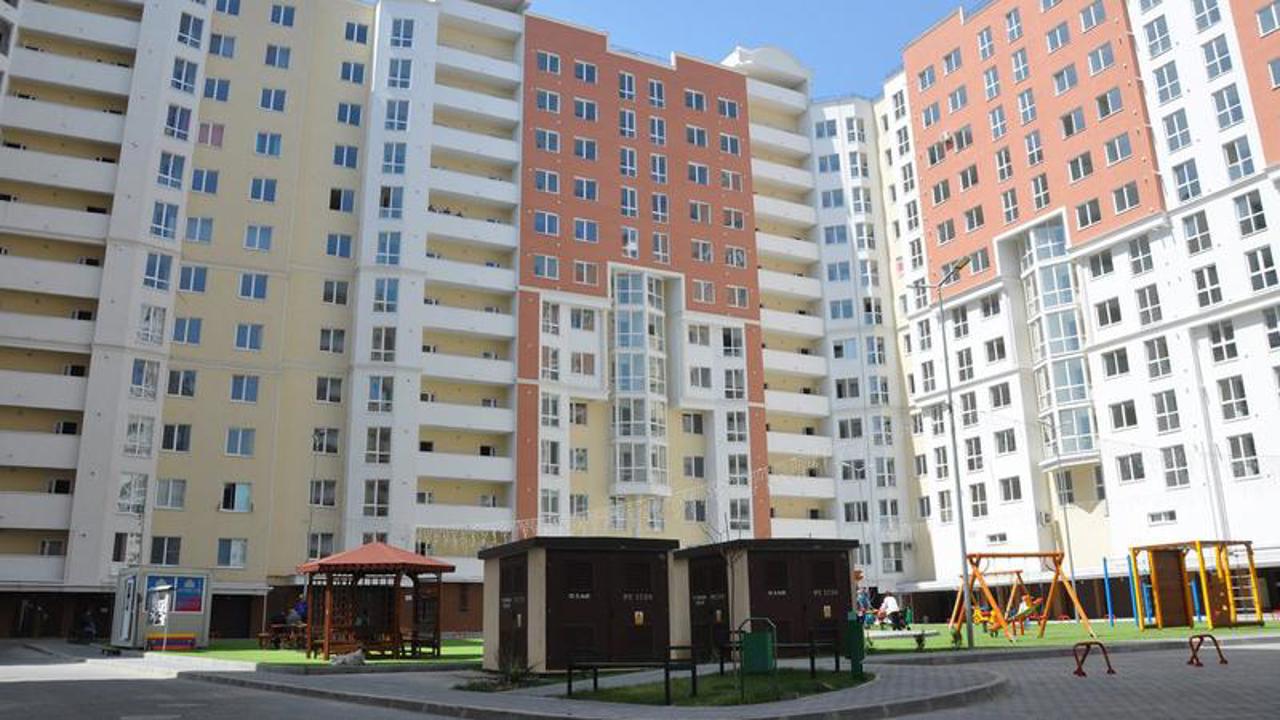Tărâm untangled: Romania's Turkish word ties
Have you ever romanticised Romania's idyllic plains as a "tărâm," a land steeped in ancient mystique? While the image stirs the imagination, the truth, as author Dan Alexe reveals, is a tad less mythical.

The very word "tărâm" isn't some long-lost relic of Romanian antiquity – it's a Turkish loanword with surprisingly practical origins.
For the Ottomans, the vast fertile expanses of northern Romania, like the Bărăgan, were simply a "tarım" – a vast agricultural field. Even today, "tarım" in Turkish means "agriculture." From this same root, we have "tarla," which in Romanian has come to signify a strip of land, a field (even an electromagnetic one), or a domain (agricultural or academic).
Intriguingly, Romanian preserved the original Turkish pronunciation with the accent on the last syllable, evident in both "tărâm" and "tarla." But, as Alexe points out, linguists can easily discern their different paths to Romanian ears. "Tărâm" arrived during an earlier era when unstressed "a" sounds morphed into "ă." Think of how "cal" (horse) becomes "călare" (equestrian), "mamă" (mother) becomes "mămică" (mommy), and "casă" (house) has the diminutive "căsuță" (little house). This explains why "tarım" became "tărîm."
However, "tarla" arrived later, after that sound change had subsided. Otherwise, its natural pronunciation would have been "tărlă," following the pattern of "băga" (to put) and "a băga" (to shove).
This linguistic detective work, as Alexe eloquently demonstrates, unveils a hidden layer of history, showing how words can bridge cultures and time. And perhaps, the most beautiful "tărâm" of all is this vibrant realm of languages, waiting to be explored and understood.
Translation by Iurie Tataru



